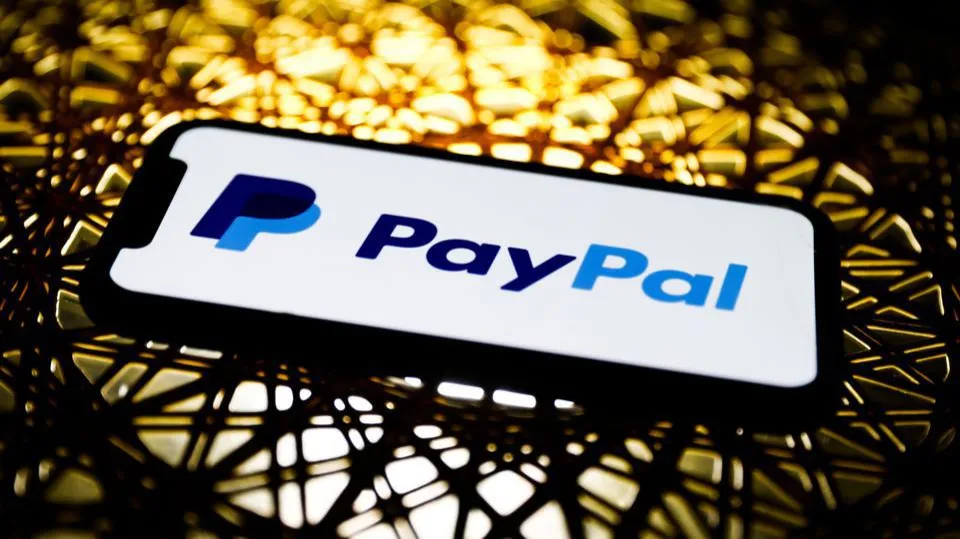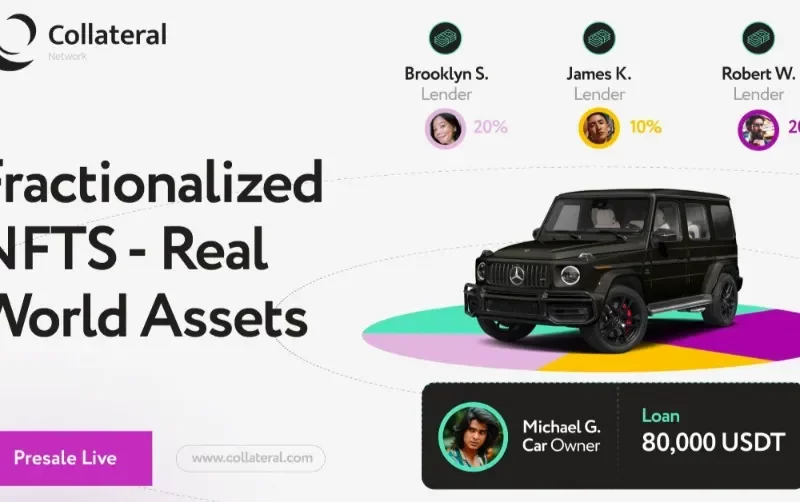Without a doubt, PayPal (PYPL -1.83%) played a key role in popularizing digital payments. The company has now accumulated an astounding 435 million active accounts by making it incredibly simple and seamless for customers to pay for goods and send money to others, as well as for merchants to accept these payments. Additionally, the market capitalization of PayPal is currently just over $82 billion.
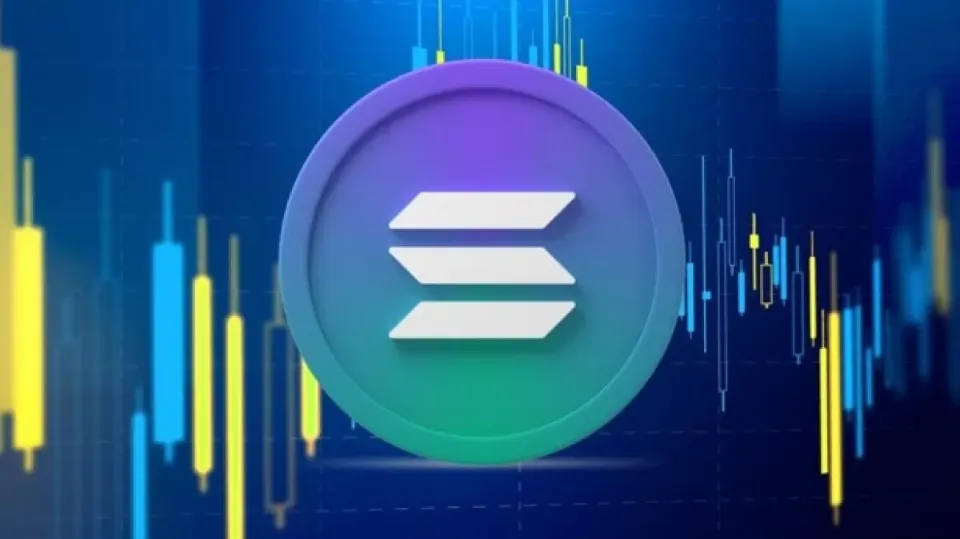
But there’s a promising cryptocurrency, known as Solana (SOL 7.55%), that wants a piece of the lucrative payments industry, and it has some important properties that investors need to know about. Can Solana really overtake the leader in fintech and overtake PayPal? Let’s look more closely.
PayPal’s Dominance
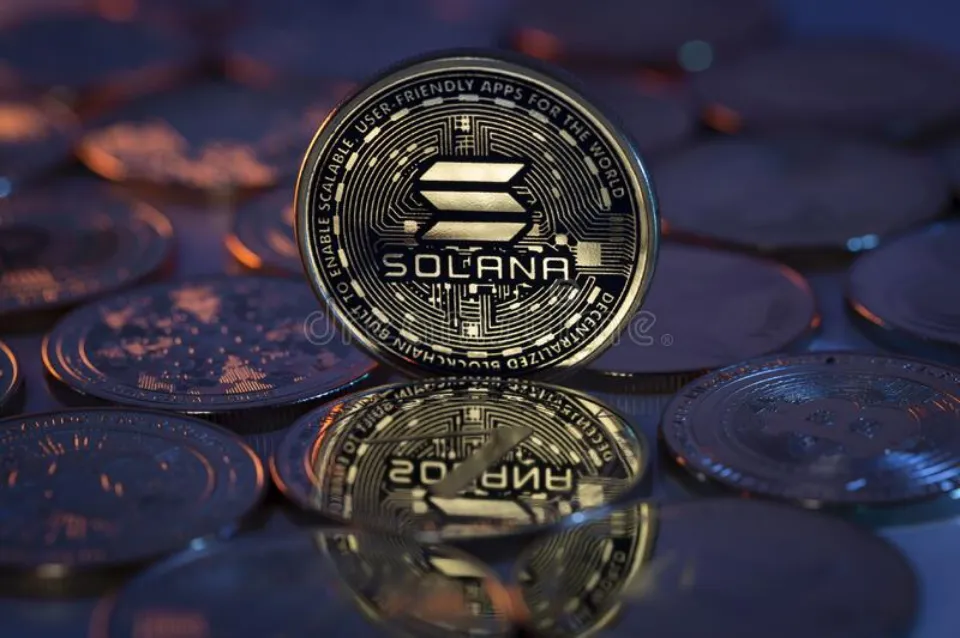
The extent of PayPal’s dominance as an organization in the payments industry must be examined first. In 2022, the company processed $1.36 trillion worth of payments and made $27.5 billion in revenue. Today, the company has hundreds of millions of active accounts, of which 35 million are those of merchants, as I already mentioned. The largest 1,500 retailers in North America and Europe accepted nearly 80% of PayPal as of December 31, 2022, making it the most popular digital wallet in those regions.
Transaction fees, which are collected each time a transaction takes place on PayPal’s network, accounted for 92% of the company’s revenue in 2022. In comparison to the previous quarter, the company’s transaction take rate in the fourth quarter of last year was higher at 1.88%.
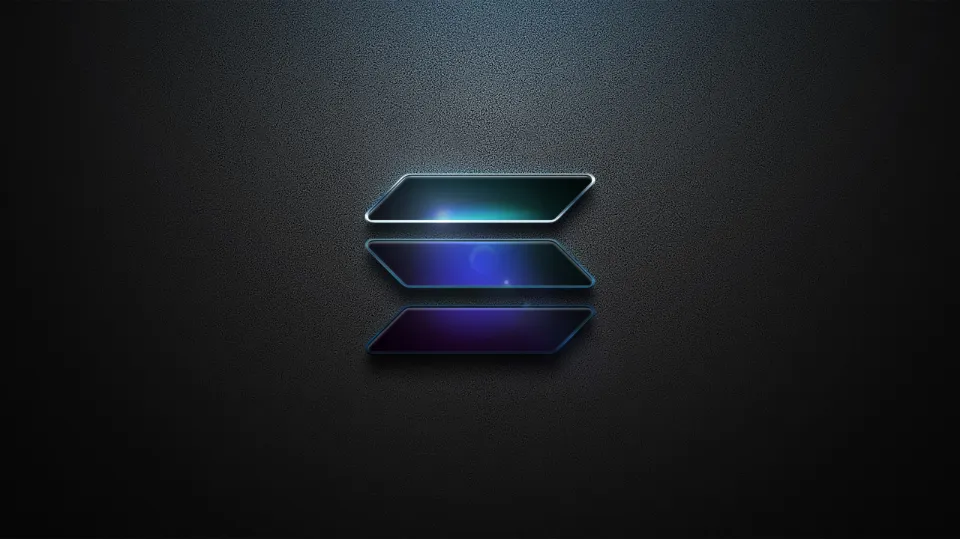
Although your perception of PayPal’s take rate may not be high, it is important to take into account the fact that many small businesses have extremely tight profit margins. Their profits could soar if they can significantly reduce the amount they spend just to accept payments. They might also increase employee pay, reinvest in business expansion, or use the extra funds to reduce debt.
Solana’s Promise
Solana has a great opportunity to have a significant impact here. Solana Labs, the organization in charge of the network’s strategic initiatives, introduced Solana Pay about a year ago. With the help of Solana Pay, consumers and businesses can conduct transactions without spending money on expensive middlemen. Furthermore, because it is based on the blockchain and uses Solana’s native SOL token, there are virtually no fees.
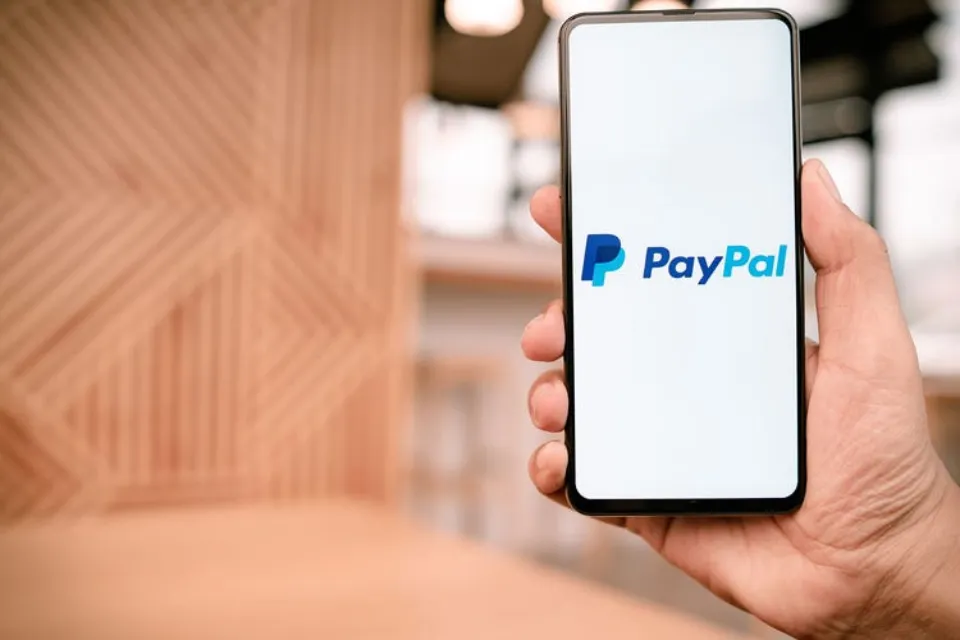
In addition, Solana Pay can contribute to fostering even stronger ties between the parties to the transaction. Non-fungible tokens (NFT) are a fascinating aspect. Imagine you go to a store that accepts Solana Pay and you decide to purchase a pair of sneakers. An NFT that authenticates the pair of shoes and grants you access to future special events is given to you in place of a receipt. And it provides a valuable channel for merchants to communicate with customers.
The Solana network has a theoretical throughput of 50,000 transactions per second (TPS), making it a potential payment option. Ethereum and Bitcoin, on the other hand, process 12 TPS and 4 TPS, respectively, according to bitinfocharts.com. Solana’s capacity is in the same ballpark as Visa‘s 65,000 TPS.
Many people question whether cryptocurrencies have any real use cases. I believe that decentralized finance protocols, and more specifically payments, which are known for having many middlemen who all want a cut of the transaction, are the most promising. Solana’s desire to establish himself is understandable. Payments is an incredibly lucrative business model at scale. A free cash flow margin of 18.5% was produced by PayPal in the previous year. Visa and Mastercard, some of the most profitable companies on In their most recent fiscal quarters, Earth, reported insane operating margins of 68.4% and 53.9%, respectively.
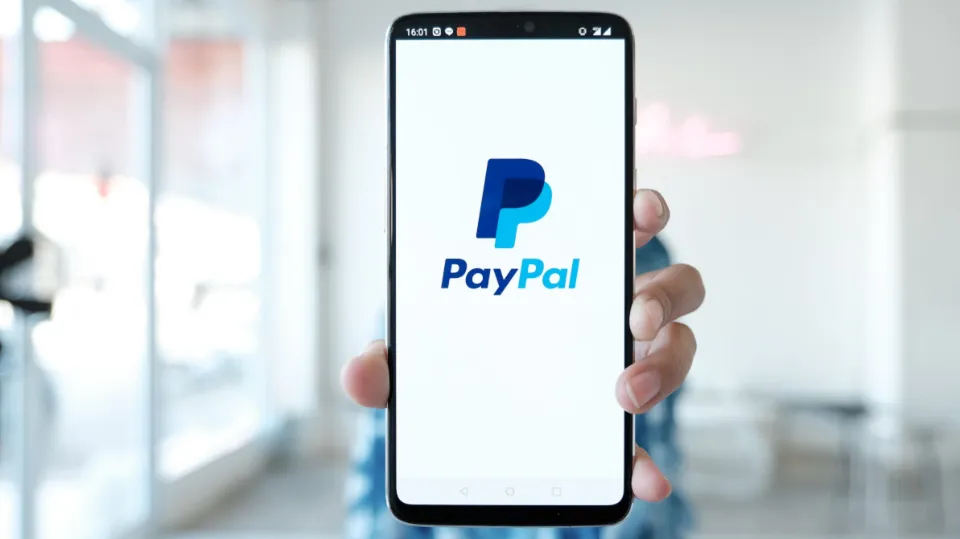
However, there are a few significant risks to take into account. There are risks, particularly technical risks. Solana’s network has experienced outages in the past. Security risks exist as well. Hacks can destroy assets if customers or retailers fail to properly manage them. The final consideration is how convenient this can be for both customers and businesses. For them to want to switch from their current methods of transacting, the use case must be strong enough.
Investors should keep an eye on this going forward, even though I don’t believe Solana will be accepted by every retailer any time soon.

